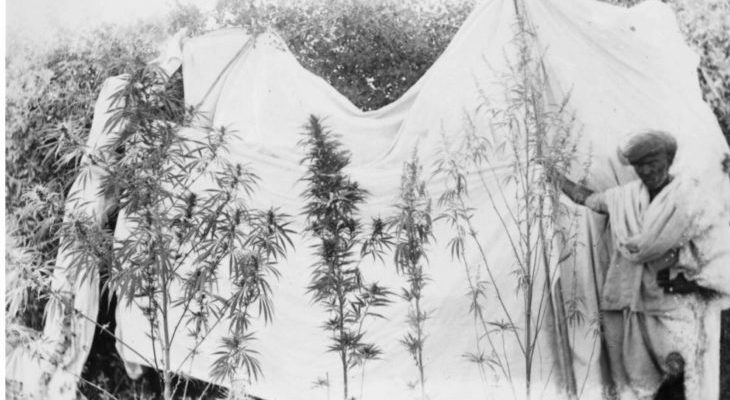Plant Life and Imperialism: Histories of Cannabis in British India
Are histories of social structures, imperial systems, and the subjecthood of peoples not also histories of plant life? Taking one plant genus, that modern botany labels cannabis, this talk explores how and why we should embrace the contiguity between human and nonhuman life as a basic condition for narrating history itself. In British India, across the eighteenth to the twentieth centuries, different forms of cannabis substances animated the history of working classes, gender, race, rural communities, and state formation in heterogeneous ways that also echoed the complex biochemistry and psychoactive variability of cannabis intoxicants. To understand the unfolding of modern British imperialism, the ways in which cannabis straddled its statuses as plant, commodity, substance, form, and matter can be crucial as it sheds important light on histories that have so far either remained out of focus or simply segregated from one another because of how colonial administrations produced categories to govern colonized spaces. This talk will introduce such histories and why and how they matter before suggesting what they contribute to the ongoing efforts of scholars to attend to the ways in which the supposed boundaries between humans, other species, and their environments have in fact remained thoroughly porous and vulnerable.












